In a significant move shortly after his inauguration, President Donald Trump issued sweeping pardons for nearly 1,590 individuals charged in connection with the January 6, 2021, U.S. Capitol riot. This action included commuting the sentences of key members from the Proud Boys and Oath Keepers, notably Enrique Tarrio and Stewart Rhodes, who were convicted of seditious conspiracy.
This mass clemency has been interpreted by many as a fulfillment of Trump’s campaign promise to support his followers, whom he has previously referred to as “hostages” and “patriots.” The White House framed these pardons as part of a broader initiative for “national reconciliation,” aiming to mend what they called a “grave national injustice” by the Justice Department’s investigation into the riot.
Trump’s statement upon signing the pardons was clear in its support for those convicted: “These people have been destroyed. What they’ve done to these people is outrageous.” This gesture was not just political but symbolic, especially in light of the violent events where over 140 officers were injured, and four people died.
However, this decision has drawn sharp criticism from various quarters. Grant Tudor from Protect Democracy warned that such pardons could encourage future acts of violence by signaling that there are no consequences for such actions. Critics fear this could undermine the rule of law and the integrity of democratic processes, especially considering the riot was an attempt to disrupt the certification of the 2020 presidential election.
The pardons have reignited the political and cultural divide in the U.S., highlighting the ongoing tension between Trump’s supporters and opponents. For Trump’s base, this move is seen as a victory and a reaffirmation of loyalty, but for others, it’s a dangerous precedent that could erode democratic norms.
This action also underscores Trump’s political comeback narrative, showcasing his continued influence despite previous scandals, impeachments, and legal battles. His decision to pardon those involved in the Capitol riot is one of several bold moves made on his first day back in office, including plans to ban transgender individuals from military service, which further illustrates his intent to reshape policy in line with his campaign promises.
The debate over these pardons will likely continue to shape discussions on accountability, justice, and the direction of political leadership in the United States.

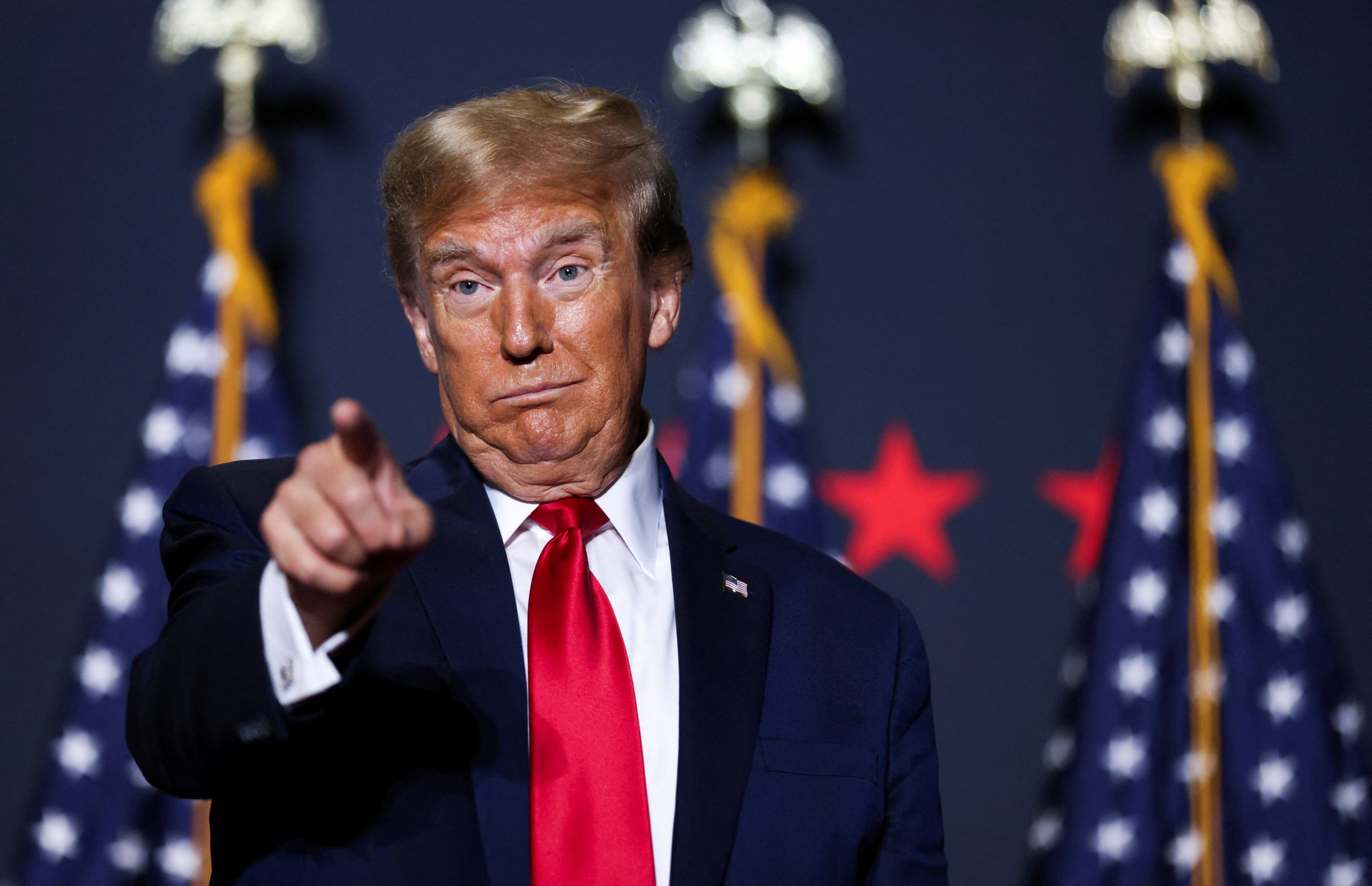

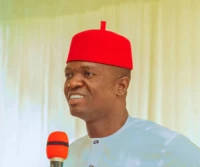
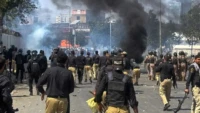
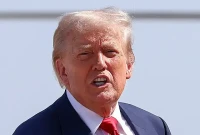



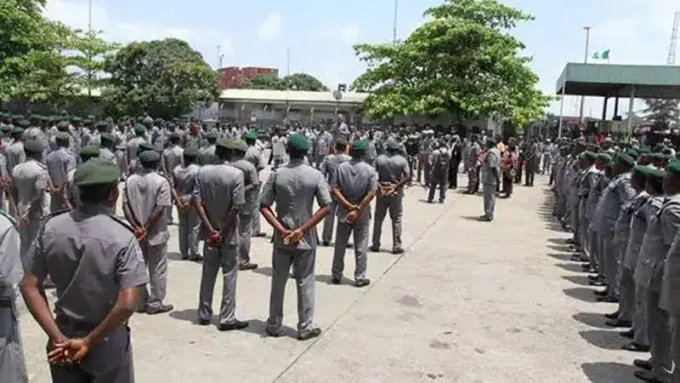
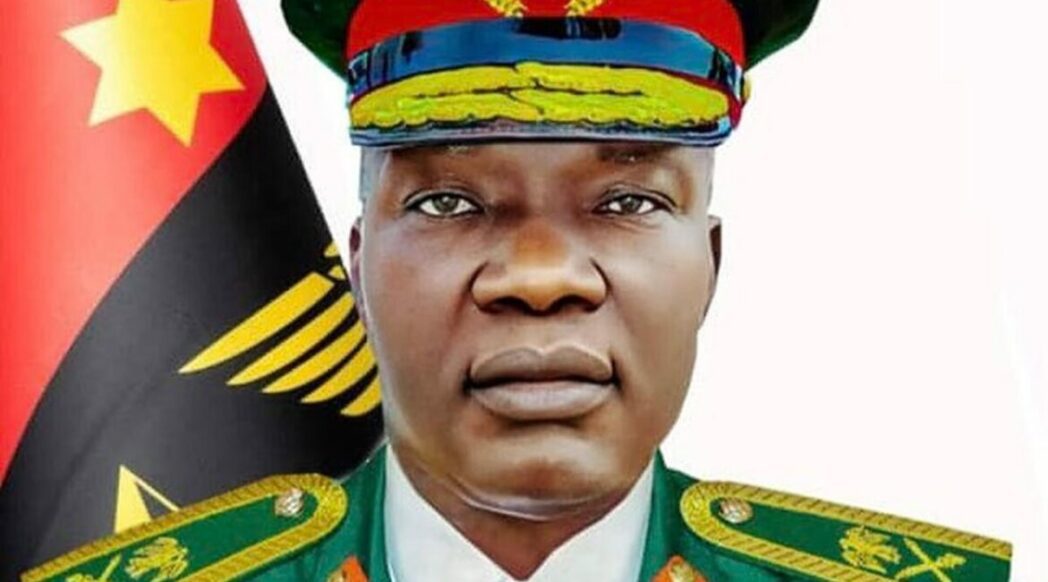
Can you believe Trump pardoned 1,590 Capitol rioters? Outrageous or justified? Lets discuss! #DebateTime 🤔
I cant believe he pardoned so many rioters! What message does that send? Madness! Wonder whats next… world peace? 😂
Can you believe Trump pardoned all those rioters? Its like hes rewarding bad behavior! What a crazy world we live in.
Can you believe Trump pardoned over 1,500 Capitol rioters? Outrageous or necessary? Lets discuss! 🤔 #DebateTime
Can you believe Trump pardoned over 1,500 Capitol rioters? Insane or justified? Lets discuss! 🤔🤯 #OutrageousPardons
Can you believe Trump pardoned all those Capitol rioters? Insane! What do you think about this decision? Lets discuss!
I cant believe Trump pardoned so many rioters! Is he trying to provoke more chaos or show mercy? Whats your take?
I cant believe Trumps pardoning all those rioters! Is this setting a dangerous precedent or just a way to move on? What do you think?